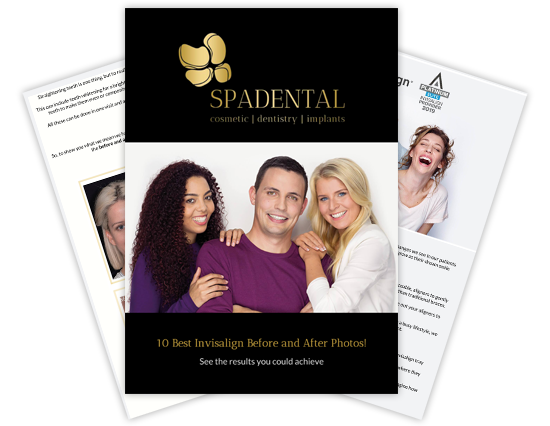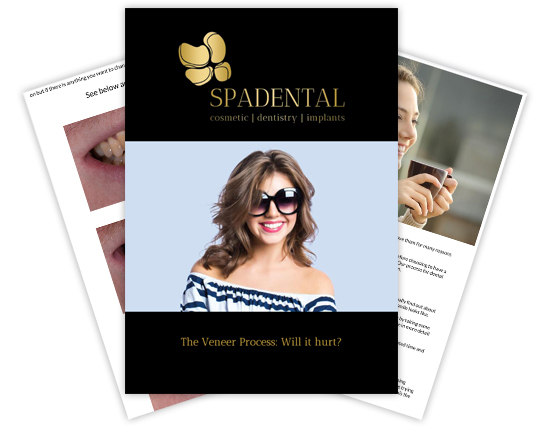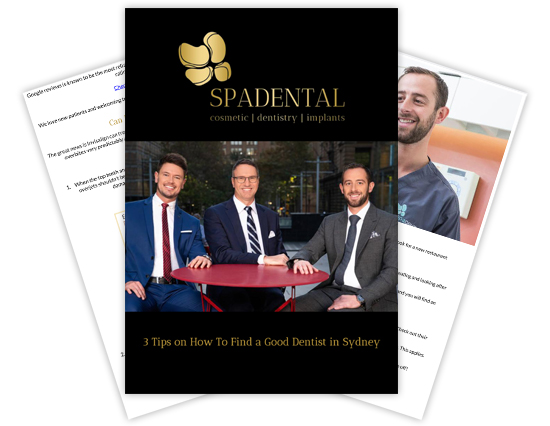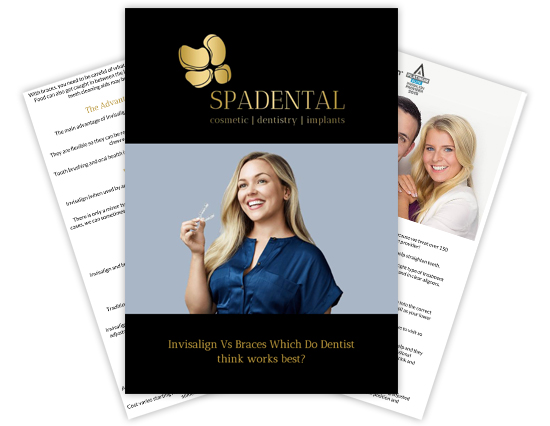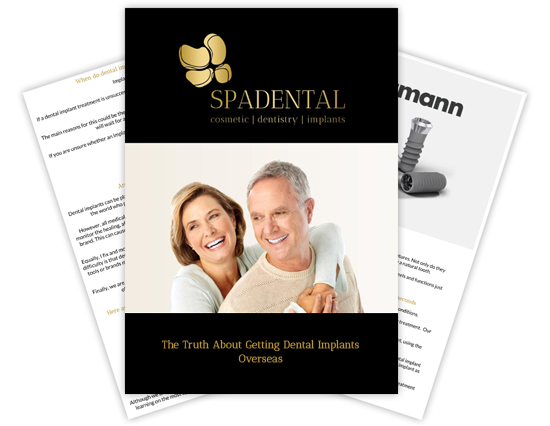Want to avoid the daily grind?- 6 Top tips to help prevent grinding
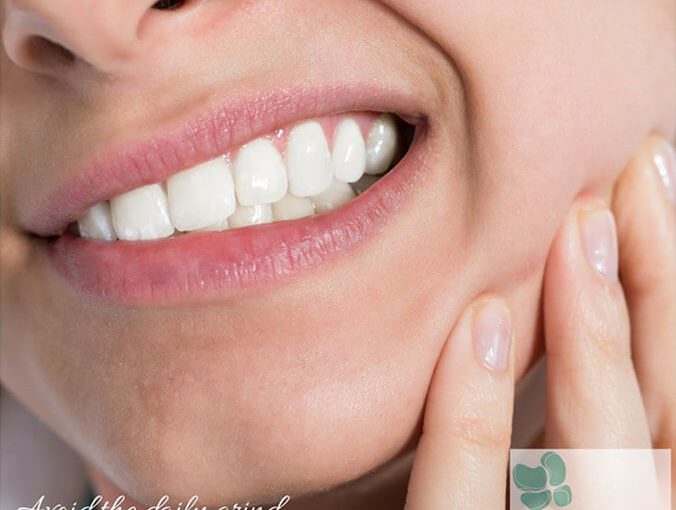
Want to avoid the daily grind?-6 Top tips to help prevent grinding
Do you wake up with a dull, constant headache or sore jaw? If so, you may be clenching or grinding your teeth at night.
Grinding or bruxism is the involuntary clenching, grinding and gnashing of the teeth. About half of the population does it from time to time. Around five per cent of the population are regular, forceful tooth grinders. Often it happens during sleep, but some people even grind their teeth when they are awake.
Over an extended period, grinding can cause considerable damage to your teeth. If it continues to occur, the action will begin to erode the enamel on your tooth and damage any dental work that has been done. Grinding your teeth may seem like a harmless habit, but over time, all that wear and tear can destroy enamel, place significant stress on your jaw muscles and joints and cause persistent jaw and headaches.
Still, like most habits, learning how to stop grinding your teeth can be difficult. It begins by understanding why you have developed the habit in the first place.
There are many reasons why a person may grind or clench their teeth. While anxiety and stress can be one cause, the problem may also result from missing or crooked teeth or an abnormal bite. While it is important to visit your dentist for an examination on a regular basis, there are many ways you can use to help prevent issues with grinding and clenching.
6 Top tips to help prevent grinding:
Be aware
This tip may sound obvious, but try to understand when and why you grind your teeth during the day. For instance, there may be a time of day or an event that triggers grinding. Once you identify the trigger, you can make a conscious effort to avoid grinding.
Stress less
If you believe you are grinding or clenching your jaw due to stress, try taking some time to meditate, exercise or do something else that will help you relax. Be sure that you take extra time to relax directly before you go to bed at night. This will help reduce the occurrence of this action.
Relax your jaw
If you grind your teeth throughout the night, you will likely wake up with a sore jaw. Try to relieve this tension during the day by actively trying to relax. It is also wise to avoid excessive chewing, e.g. avoid chewing gum or eating especially tough foods and opt for a softer diet for a few days to give your muscles a break they need from the tension of clenching and grinding
Use a mouth guard at night
Night time appliances are often a good aide to help with the effects of grinding at clenching. The fact is, most people grind and clench their teeth at night, even if they are unaware of it. The best appliances are ones that are custom fit for your bite. These can be customised for you at Spa Dental at our next visit.
Have your bite evaluated
A dental check- up can help to identify potential dental-related causes. Your dentist can check for signs of wear and misalignment that can be at the root of your habit, as well as suggesting other types of evaluations such as sleep studies to check for sleep apnoea.
Loose the booze
Teeth grinding tends to worsen after excessive alcohol consumption. This may be partly because the quality of sleep is affected by heavy boozing sessions. More disturbed sleep means less rest and more nocturnal activity, which might include more teeth grinding.
Teeth grinding is more than an annoying habit; left untreated, it can damage tooth surfaces, leaving teeth exposed to decay and eventually leading to tooth loss. It can also cause chronic headaches and play a contributing role in tempo mandibular joint disorder (TMJ).
If you think that you have a problem grinding or clenching your teeth or wake up in the morning with a headache, you should discuss the issue with your dentist. They will be able to help you find more effective and long-lasting ways to stop this action.
The first step in kicking the teeth grinding habit is to see your dentist for a complete bite evaluation., Don’t delay, call Spa Dental today on 02 9809 2900 to schedule an appointment and start feeling better.

